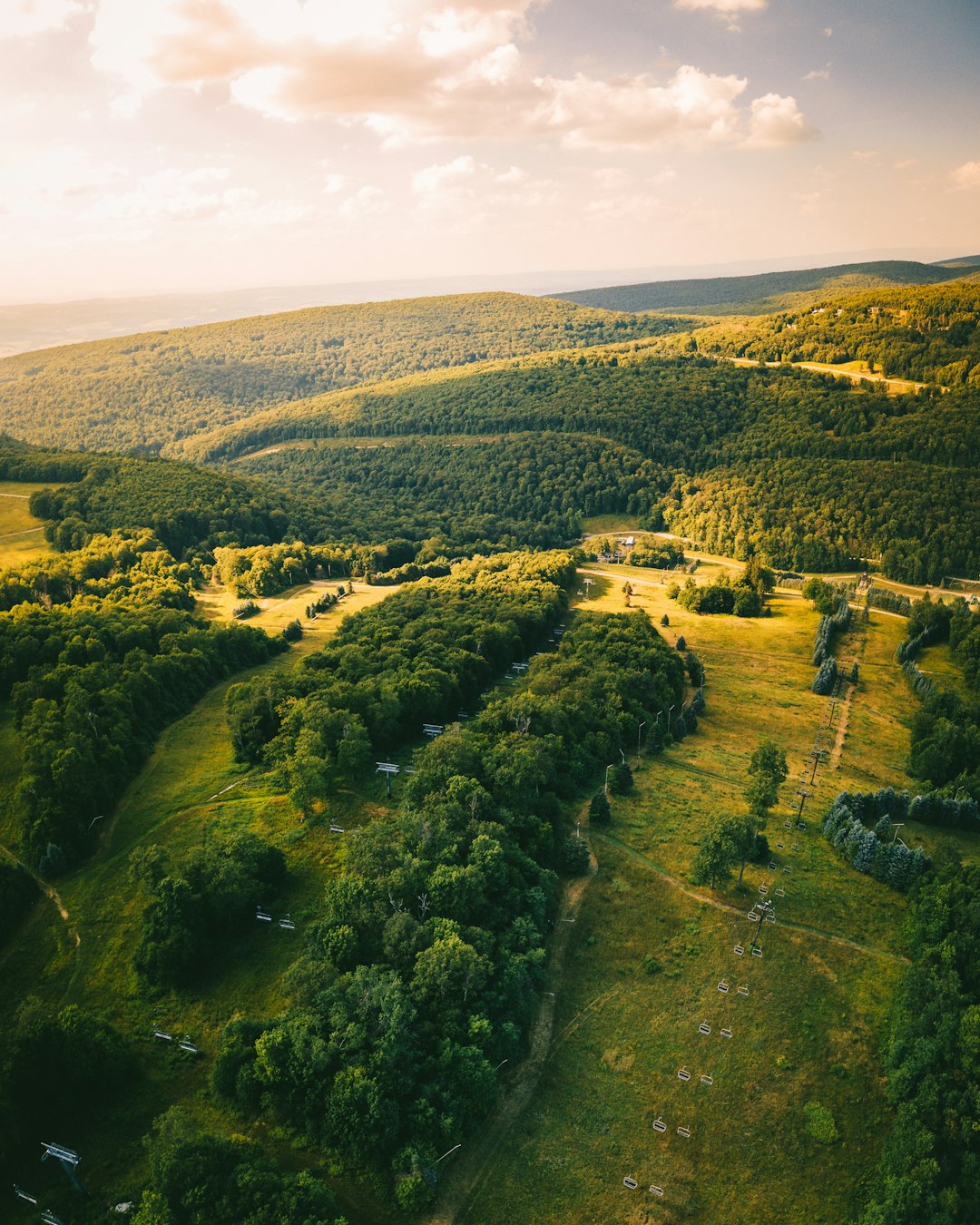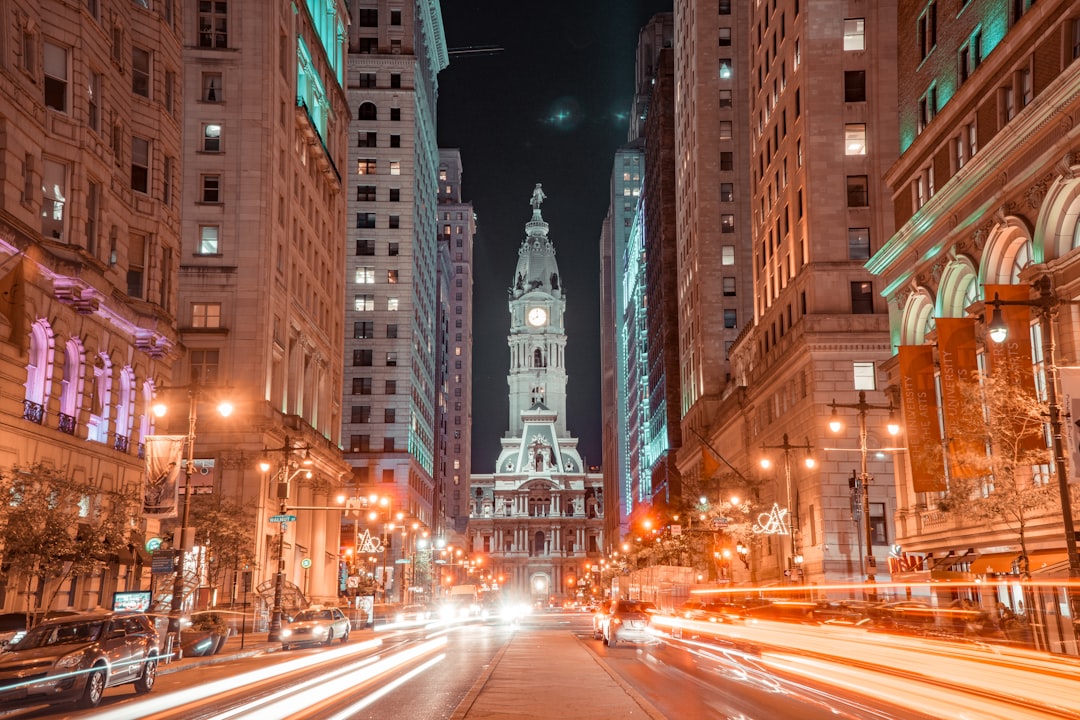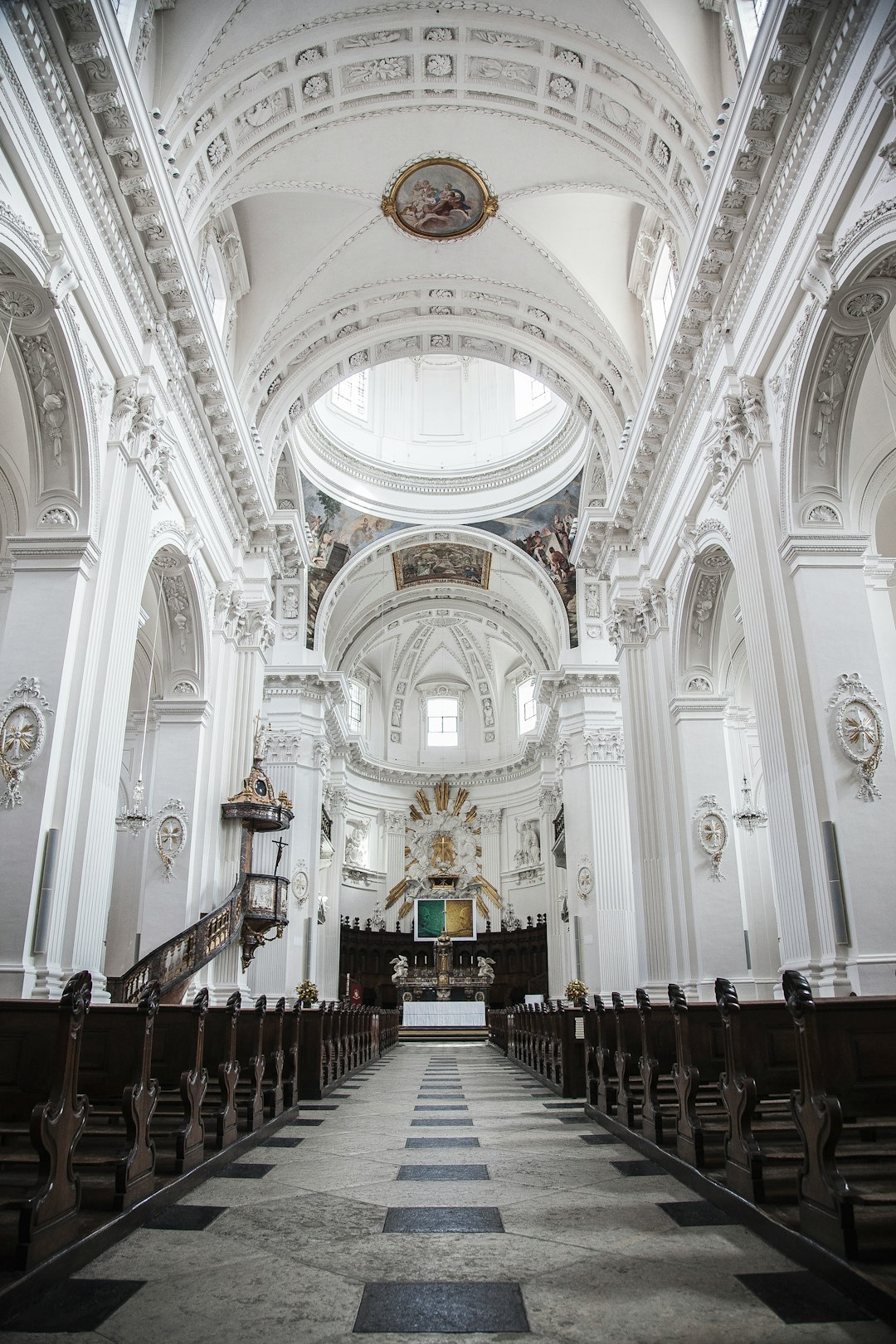Pennsylvania faces a history of clergy abuse, prompting significant legal action and societal shift. Notable cases have set precedents for holding religious institutions accountable, with victims seeking compensation and reform. Experienced clergy abuse lawyers play a crucial role in protecting victims' rights and fostering transparency within religious organizations. The growing demand for these specialists underscores the need for better oversight and accountability in response to widespread exploitation by religious leaders.
In Pennsylvania, the shadow of historical clergy sexual abuse has cast a long-lasting impact. This article delves into the complex timeline of legal battles, exploring key cases that have shaped victims’ rights in the state. From historical overviews to recent trends, it examines how attorneys specializing in clergy abuse lawsuits have been instrumental in holding institutions accountable and providing justice for survivors. Discover the evolving landscape of Pennsylvania’s fight against clergy sexual misconduct.
Historical Overview of Clergy Abuse in Pennsylvania

In Pennsylvania, the issue of clergy abuse has a deep and disturbing history, with cases spanning decades. The state has been confronted with numerous allegations of sexual misconduct by religious leaders, which have led to significant legal consequences for perpetrators. Over time, as awareness about these issues grew, so did the determination to hold accountable those who exploited their positions of power within religious institutions.
The fight against clergy abuse gained momentum in Pennsylvania through various legal initiatives and advocacy groups. Clergy abuse lawyers in the state have played a pivotal role in prosecuting cases, ensuring victims’ rights are protected, and bringing closure to those affected by these heinous acts. This ongoing battle reflects a broader societal shift towards transparency and accountability within religious organizations.
Legal Developments and Key Cases
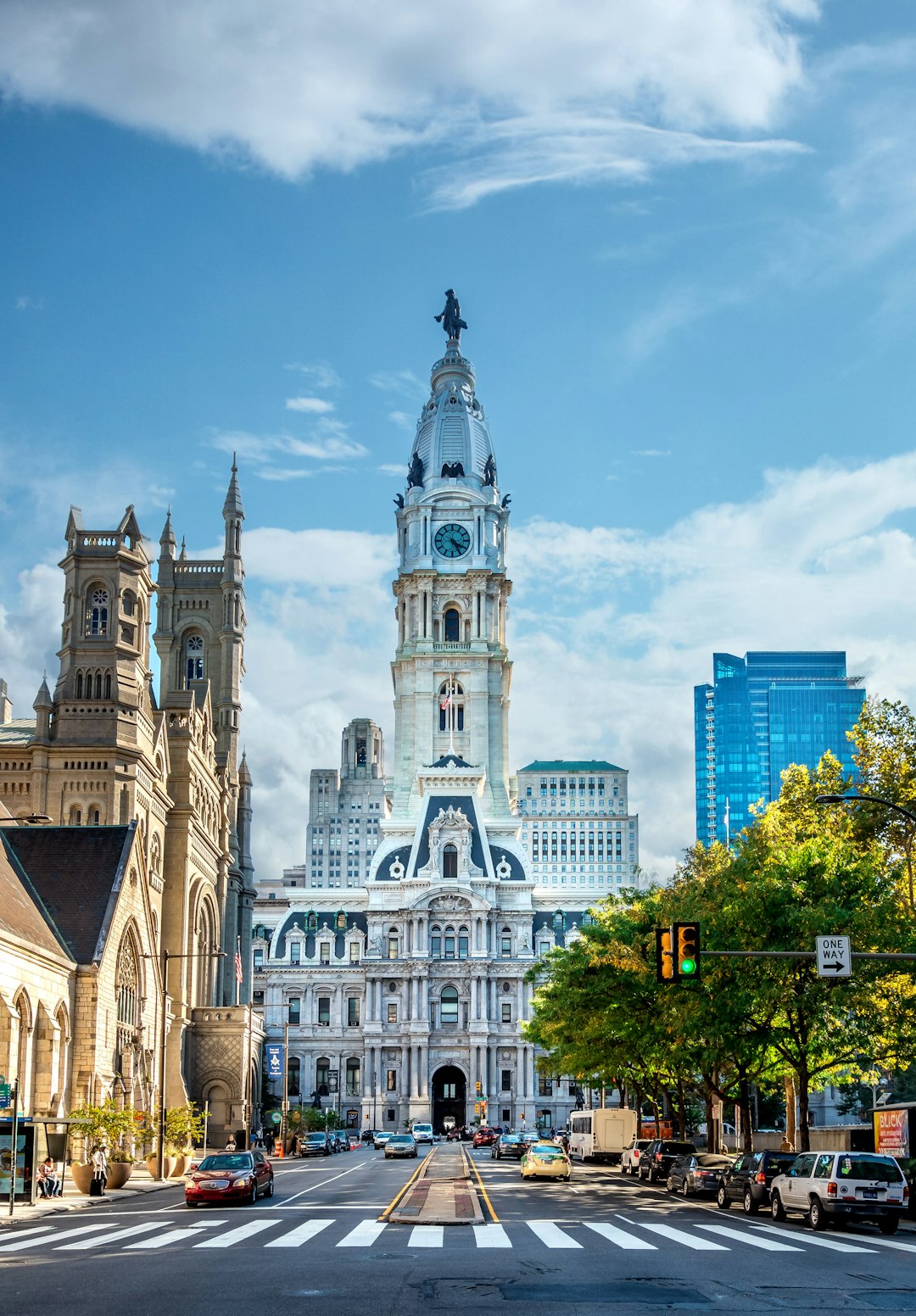
In recent years, a wave of legal developments has brought significant attention to the issue of clergy abuse in Pennsylvania. Key cases have set precedents, holding religious institutions accountable for the actions of their clergy members. These cases not only provide justice for victims but also serve as a crucial step towards preventing future instances of abuse. One notable case involved a prominent church leader who was accused of sexual misconduct, leading to a massive lawsuit filed by numerous victims seeking compensation and reform.
The legal landscape for clergy abuse lawsuits in Pennsylvania has evolved, empowering survivors to take action against their abusers and the institutions that often facilitated these crimes. Skilled clergy abuse lawyers in Pennsylvania have been instrumental in navigating complex legal systems, ensuring that victims’ rights are protected and they receive the justice and support they deserve. These attorneys specialize in handling sensitive cases, providing expertise in state laws and church governance structures to secure favorable outcomes for clients.
Recent Trends and Impact on Victims' Rights
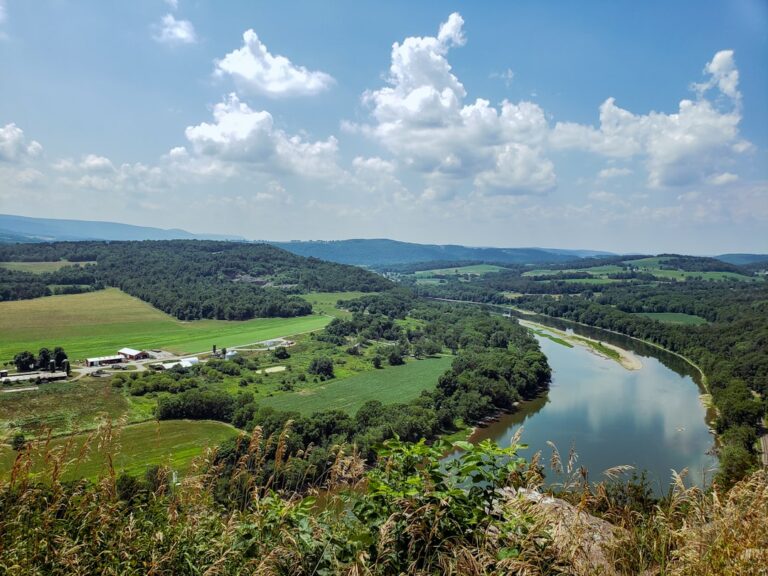
In recent years, there has been a growing awareness and increased attention to the devastating impact of clergy abuse, particularly in Pennsylvania. Many victims have found the courage to come forward, sharing their stories of physical, emotional, and sexual exploitation by religious leaders. This trend has sparked important conversations about the rights and protection of vulnerable individuals within institutional settings, including churches. As a result, there has been a surge in demand for experienced clergy abuse lawyers in Pennsylvania who can navigate complex legal systems and provide support to those affected.
The increasing number of lawsuits against religious organizations and clergy members highlights the need for better oversight and accountability. Victims are seeking justice, closure, and compensation for the harm they suffered. This shift in public perception and legal action is a positive step towards healing for survivors and a call to action for institutions to prioritize the safety and well-being of their congregations, especially children and vulnerable adults.

